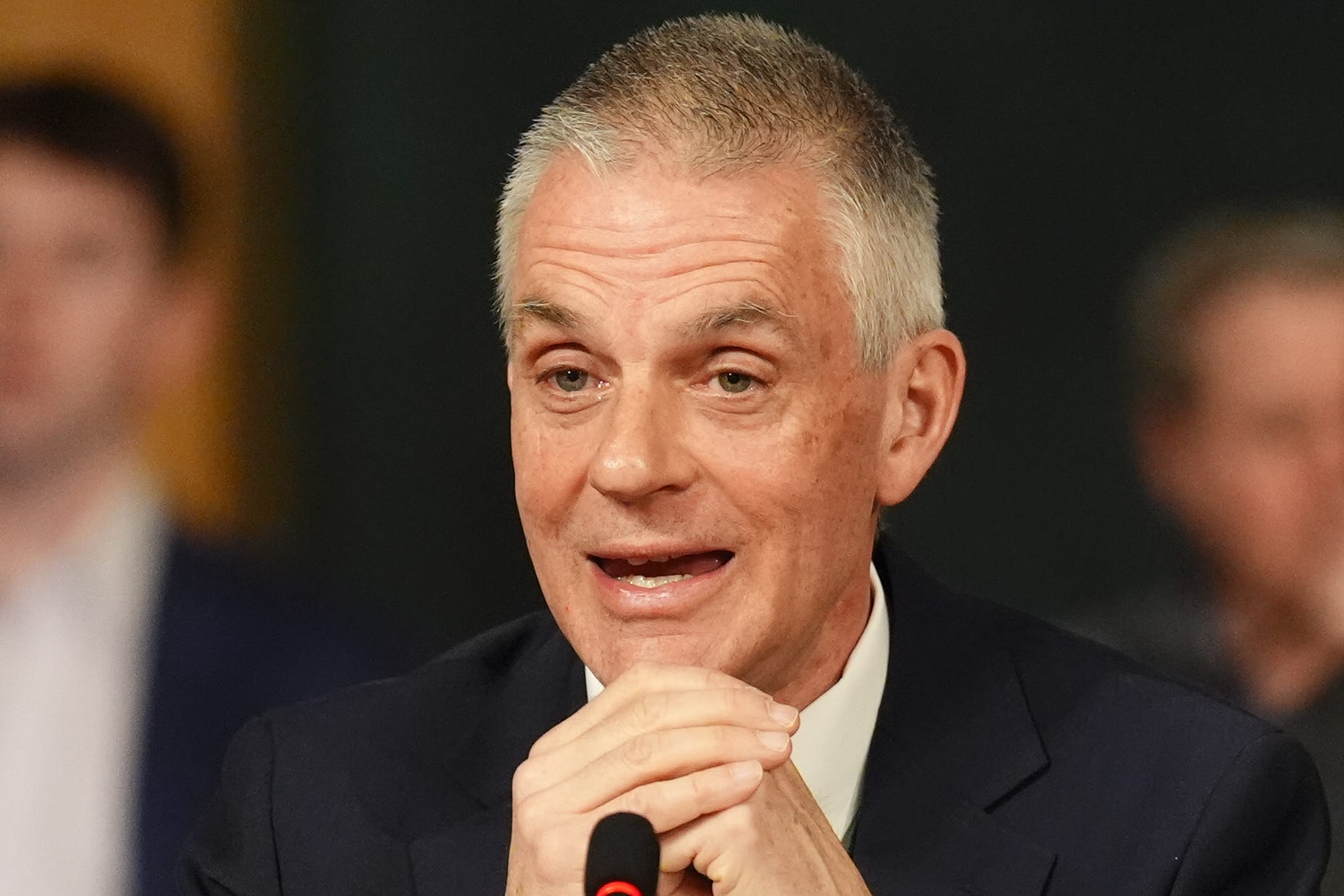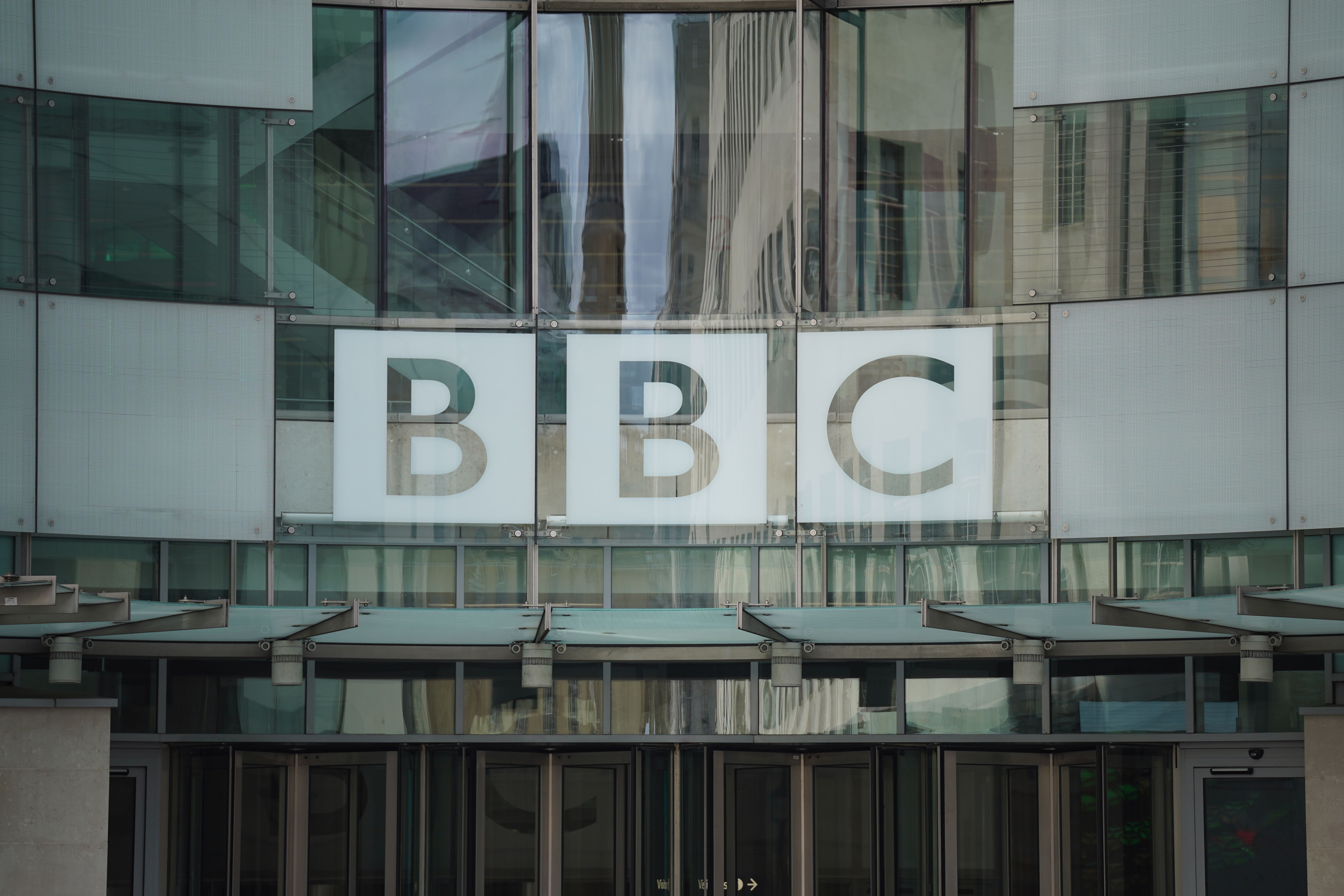BBC director-general Tim Davie has voiced his support for reforming the corporation's funding model as the Government prepares to review the BBC’s Charter.
Speaking at the Media and Telecoms 2025 and Beyond Conference in London, the BBC boss highlighted the necessity of ensuring the broadcaster’s financial stability.
He said: "I want to justify the value that we have. I want that protected”, advocating for a re-evaluation of the licence fee structure, including its progressiveness and enforcement.
The review follows a government commitment to increase the licence fee in line with inflation until 2027. In April, the household charge rose from £169.50 to £174.50.
Mr Davie expressed his desire for a different funding system in the future, emphasising the importance of universal funding.
He said: "I do want universal funding, and I want a proper investigation of begrudging, grinding cuts that we’ve seen over the last 10 years, which has just not helped.”

Mr Davie also told the event, at Convene Sancroft in the St Paul’s area, that he is concerned about the people who “don’t care” about the BBC and are “disengaged”, rather than people who criticise the corporation.
He said he wants to “celebrate the fact that people care”, as the BBC features heavily on “front pages” in the UK.
Mr Davie also indicated he was positive about the use of artificial intelligence (AI), before saying the BBC has “very big ambition around the media supply chain” including the “need for muscular partnerships with the big American technology companies”.
Later, Culture Secretary Lisa Nandy told the event she is “determined to find a way forward that works for the creative industry and creators” and technology companies after Sir Elton John and Sir Paul McCartney criticised the Government’s AI plans.
She added that “there are no easy solutions, but this Government is determined to work with you to find a solution with transparency and trust as its foundation”.
“We are a Labour Government, and the principle that people must be paid for their work is foundational,” the MP for Wigan added.
“And you have our word that if it doesn’t work for the creative industries, it will not work for us. People are at the heart of this industry.”
She also promised that the BBC Charter review will be launched “later this year to support a BBC that is empowered to continue to deliver a vital public service funded in a sustainable way”.

Ms Nandy said: “Later this month, we’ll publish a creative industries sector plan to turbo-charge the growth of creative industries right across the UK, to support film and TV clusters from Birmingham to Belfast, to tap into the huge potential of the growth that exists across our country.”
In another session at the same conference, Kevin Lygo, managing director of ITV’s media and entertainment division, spoke about the need for “prominence” for the UK’s national broadcasters amid their increased competition with streaming companies.
He said: “I think you have to go back to first principles, because all this discussion is based on the programme itself being worth watching. So I think that’s the key for major broadcasters is to never lose sight of making them.”
Mr Lygo also appeared to confirm that the hit ITV drama Mr Bates Vs The Post Office, which shone a greater spotlight on the Horizon IT scandal, is starting to become a commercial success, following multiple actors, including Toby Jones, saying that they took a pay cut to be on the show.
Mr Lygo said it is “harder and harder to find the budgets”, and admitted that at first, it was difficult to explain a series “about a computer hitch in the British Post Office” to foreign buyers.
“The UK is in this wonderful position when a show really works in the UK, everybody across the world knows about it and wants a piece of it,” he said.
“So, yes, I’m sure, I don’t know exactly (the profit) by the production company, but I’m sure they’ve got their investment back.”
Trade Secretary to push for timeline on US tariff exemption
‘Ridiculous’ for Channel 4 to start making in-house TV shows, says Sony
BBC boss supports ‘reform’ to funding of broadcaster
Number of likely days for Channel crossings double compared with previous years
Jailed activist’s mother says she is prepared to die on hunger strike to free her son
How a dive-bombing buzzard called Brenda sent terrified schoolchildren indoors







